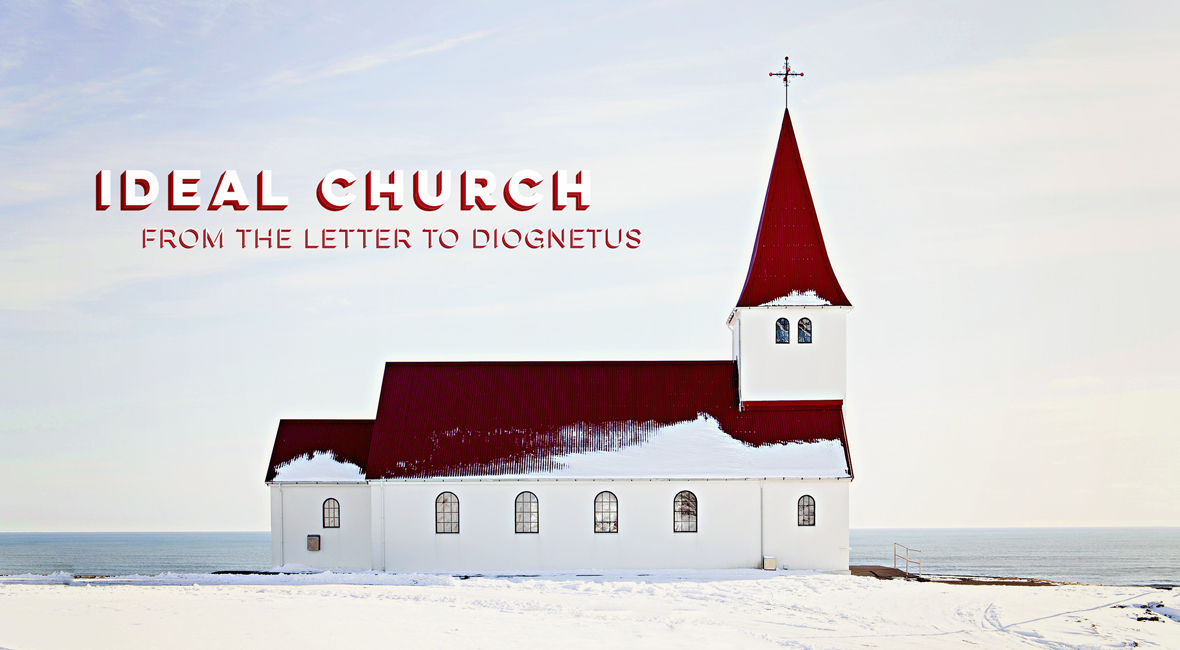There is no such thing as an ideal church. Well, there used to be one. It was the last perfect church left in the whole world. Everyone treated each other with kindness and respect. No one argued. They all agreed on the music style, the mode of baptism, and the color of the carpet. But then I started attending, and now it has all kinds of problems. Sorry.
Okay, so none of that is true. But what is true is that I love the Church. Not just my church, which I love very much, but the Church – the worldwide body of Christ. I haven’t always loved the Church, and I haven’t always wanted to be a part of it, but I can no longer deny that, despite it’s many flaws, there is nothing greater on the face of the earth than Jesus Christ’s Church. We don’t always get it right. We don’t always follow Jesus well. But we are God’s plan, the way he has chosen to work in the world. For or better or worse, God loves the Church, and is committed to her. And for that reason, the Church is the hope of the world.
As I read about the life of the early church, I’m struck by how widespread the propaganda against her had become. The Romans accused Christians of atheism, cannibalism, and incest. Many able Christian writers and thinkers pled the case of the Church, refuting the false accusations, and demonstrating that Christians were the kind of people Rome should want in its empire. One of these writers was the anonymous person who wrote the Letter to Diognetus.
I’ve already written about some of the treasure I’ve found in this ancient writing, but I wanted to share what this author has to say about life in the early church. He gives us a vision for how an ideal church can live in, and relate to, an antagonistic society. This wisdom is a part of our faith heritage, and can be very instructive for us today.

